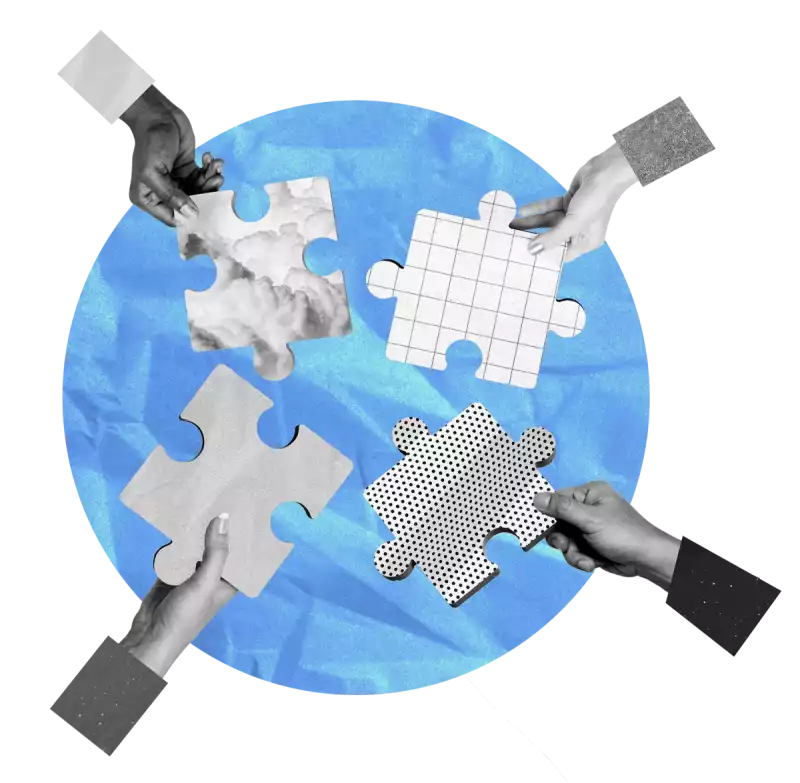Argentina
Integrity Pacts in Argentina – Country Overview
Fundación Poder Ciudadano
Integrity Pacts in Argentina – Country Overview
Mission
Ensure transparency and integrity in public procurement processes across various sectors in Argentina
Activities
Poder Cidudadano – TI’s chapter in Argentina – was one of the first TI chapters to promote the use of Integrity Pacts to oversee public procurement in Latin America in the late 1990s. Various contracting agencies – at the national, regional, and city levels – piloted IPs from around 1997 – 2003.
The Argentine government most recently endorsed Integrity Pacts as a standard part of public contracting as part of comprehensive integrity and transparency reforms in 2017. As per decree, IP should become a standard declaration for tenders for certain public contracts. No information on how the IPs have been used in this context since this time is available.
This information is gathered from open-source data and in some cases has been provided by initiative facilitators. We cannot guarantee the accuracy or completeness of the information and do not take responsibility for decisions made on the basis of it. Please inform us of any errors by emailing us.
Start Year
Countries Operations
Countries Host
Scope
- nationalInitiative that operates in and focuses mainly on one country, whether on a national or sub-national level.
Industry
Stakeholders
- Private sectorPrivately owned commercial (for-profit) entities of all sizes, including SMEs
- Public sectorNational and sub-national, local government entities, agencies from all branches (policy-making, executive, adjudication)
- Civil societynon-governmental organisations (national or international), foundations funded by private entities, faith-based organisations, Professional associations, Industry associations, Chambers of Commerce, Local Global Compact Networks
Type
- Assurance-focused initiativeCompliance certification approaches, Compliance monitoring mechanism including reporting mechanism
Linked resources
Related Initiatives
Need help understanding the terms and categories used in this initiative?
View Methodology & Definitions










